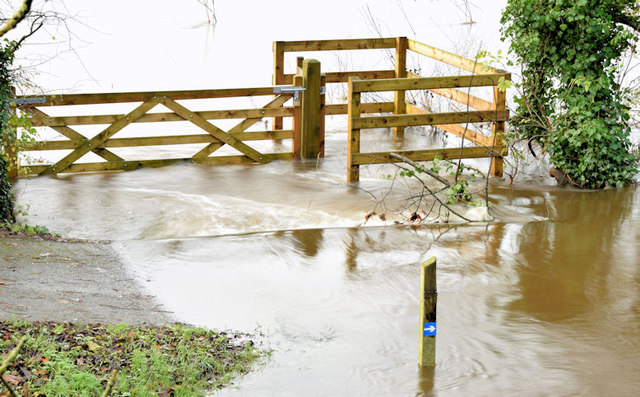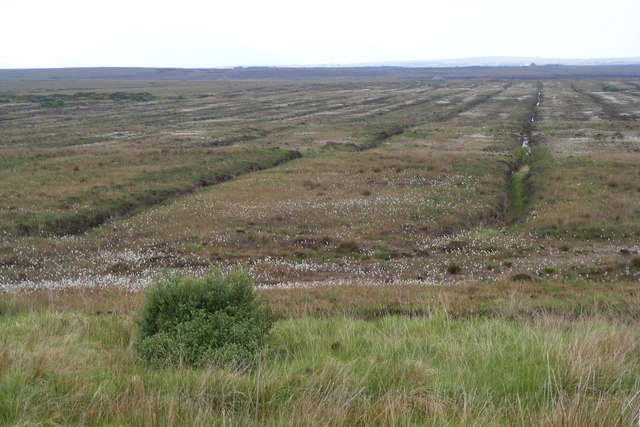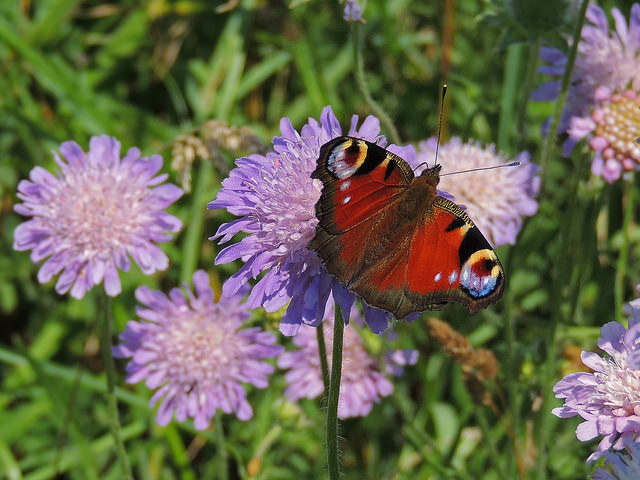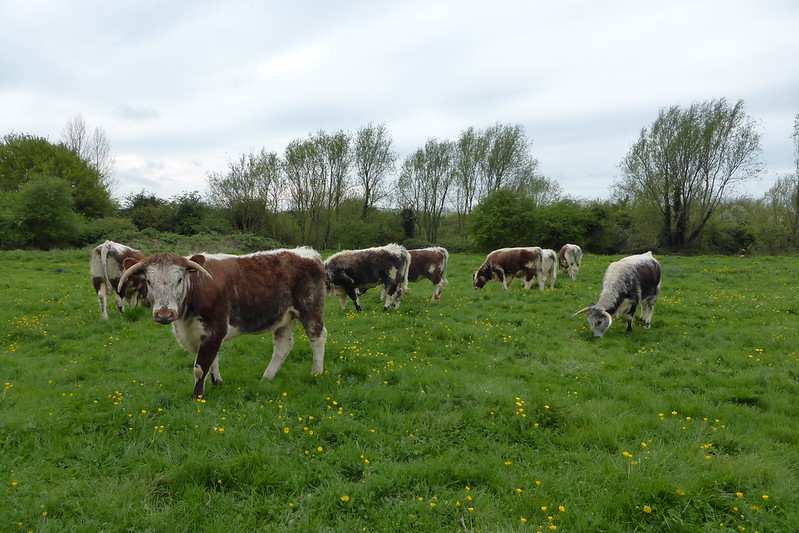In my post in March 2020 on EU climate policy and agriculture, I highlighted the limited expectation among Member States in reporting their projected greenhouse gas (GHG) emissions to the European Environment Agency (EEA) to make significant reductions in agricultural emissions by 2030.
Given the greater climate ambition set out in the European Green Deal and the Farm to Fork Strategy, I argued that, to properly incentivise, motivate and track progress in the farming sector, a focus on agricultural emissions alone is misleading and should be supplemented by also considering changes in land use emissions and removals that are under the control of farmers.… Read the rest









